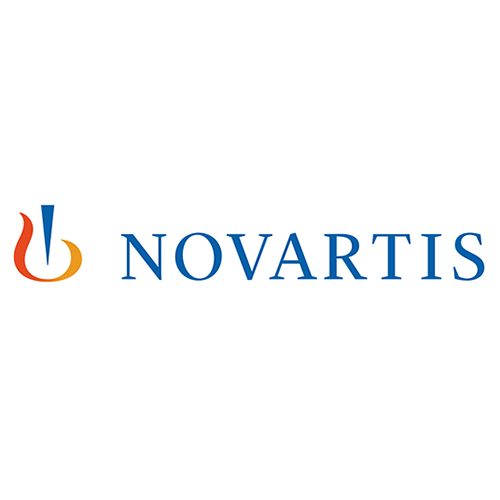Just look at how countries with strong broadband networks have largely supported enormous surges in use, thanks to rapid public-private collaboration. Or how wireless connectivity and AI have allowed researchers to share diagnostic tools and tips for remote management. Notably, many of the most effective uses of technology in the COVID-19 response are not in high-income countries. For example, low- and middle-income countries with robust telehealth and SMS networks have demonstrated how medical professionals can effectively manage patients remotely.
This combination of new and established technology is the exact mix of tools we must build on — and not just for the COVID-19 response. We can seize the opportunity of this crisis to pinpoint where deploying technology can help health and care systems better overcome their weaknesses and perform stronger on all fronts. Not least in becoming better prepared to predict, prevent, respond and recover from this and future health crises.
You can imagine a not-too-distant future where the role of AI goes beyond automation, support for health care processes and resource management, drug discovery and vaccine development. By applying AI to large health data sets, we can already follow and model the epidemic curve, to better plan and allocate resources such as ventilators and PPE. Robots can already take on routine tasks such as disinfecting surfaces and delivering food and medicines, thereby reducing the hazards our health professionals face. It is already feasible that an interconnected system of hospitals, homes, work and mobility solutions, using the internet of things and AI, could guide patient journeys.
Yet, despite the availability of both mature and new technology, the optimal mix is not widely accessible. Ultimately, we must ensure universal access for everyone, and this requires a shift in the way we deliver health and care around the world.
Investing in communication networks and good health data, from local to global, can help us spread guidance and combat misinformation when the next pandemic threatens.
Next-generation telemedicine and digital solutions should allow clinically approved interventions — such as taking your temperature and vital signs — to enable remote monitoring and treatment. These are some of our opportunities today, and COVID-19, for all its misery and hardship, can be the spark that ignites new progress and new collaborations between public and private health and tech players. As we apply these strategies to control this disease, we can usher in a new era of health care, where technology supports and empowers front line health workers and benefits patients.
Our recovery from COVID-19 may be long and hard. A looming global recession that leaves a scarcity of resources may make digitization and automation even more crucial because it can maximize efficiency at every level of the health and care system. Responding to COVID-19 can help us transform hospitals into smart hospitals.
Applying AI to the data from this pandemic can help us consider other global health scenarios and ensure we’re prepared for coming threats. And fast-tracking robotics research during this crisis can reduce risks to health care workers in the future by fulfilling keys tasks during outbreaks, such as delivering medications, monitoring ventilators and measuring vital signs. Using mobile data for contact tracing or hospital data to build adequate AI-powered models for patient triage and resources allocation are some of the other examples of how COVID-19 can help us realizing more of the potential of digitized health systems, not only in high-income countries, but everywhere around the world.
Ultimately, our most valuable tools for the next pandemic will be stronger and more accurate warning and decision-making systems, not only to alert the world a pandemic is coming, but to provide an accurate forecast of how bad it may be, where, and when. Yet that alone won’t be enough. The health and care system that we reorient today toward smarter technology will be the one that saves lives tomorrow.
Dr. Ann Aerts is head of the Novartis Foundation, which focuses on how data, digital and AI can transform global health.
Morning Consult welcomes op-ed submissions on policy, politics and business strategy in our coverage areas. Updated submission guidelines can be found here.
GLOBAL AI EVENTS CALENDAR
Here is your Global AI Events Calendar where you can meet the Inspired Minds community of business leaders, heads of government, policy makers, startups, investors, academics and media.
NEW! INTELLIGENT HEALTH AI WEBINARS
NEW! INTELLIGENT HEALTH INSPIRED!
25-27 May 2020
Online
london.intelligenthealth.ai/inspired
INTELLIGENT HEALTH
09-10 September 2020
Basel, Switzerland
NEW! WORLD SUMMIT AI WEBINARS
WORLD SUMMIT AI
13-14 October 2020
Amsterdam, Netherlands
WORLD AI WEEK
12-16 October 2020
Amsterdam, Netherlands
INTELLIGENT HEALTH UK
2-3 February 2021
London, UK
WORLD SUMMIT AI AMERICAS
20-21 April 2021
Montreal, Canada


